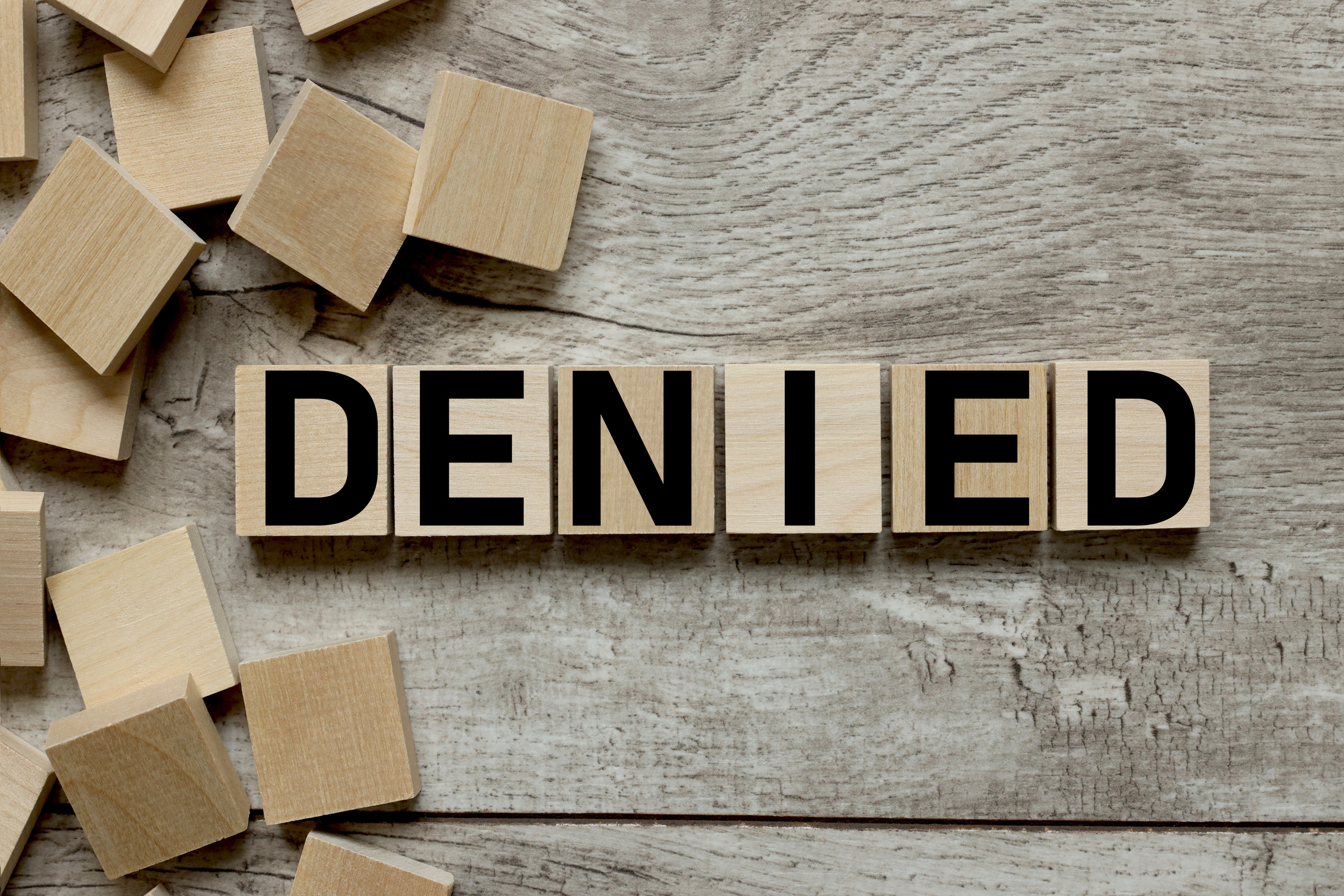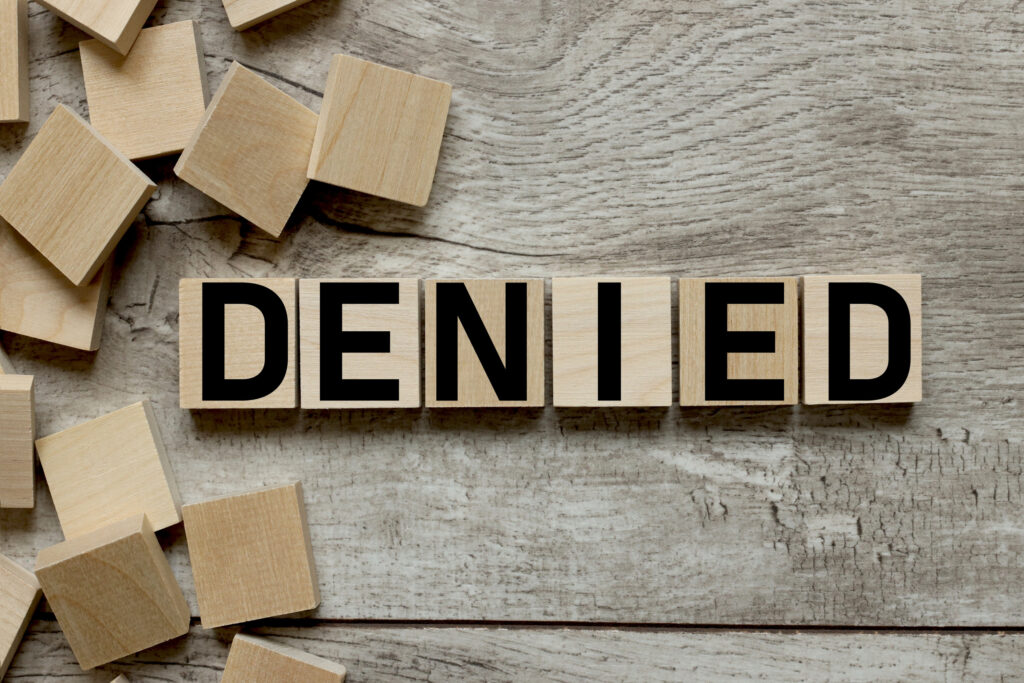What is Bad Faith Insurance in Florida Auto Accident Cases?
If you’ve been in a car accident in Florida and your insurance company isn’t cooperating — maybe they’re ignoring your calls, delaying your payout, or outright denying your claim — you may be dealing with something far more serious than just bureaucracy. These are often signs of bad faith insurance practices, which are illegal under Florida law.
Understanding what constitutes bad faith, how Florida laws protect you, and what to do if you suspect your insurance company is acting unfairly can help you take the right legal steps to get the compensation you deserve.
What Does Bad Faith Insurance Mean?
The Legal Definition of Bad Faith
Bad faith occurs when an insurance company violates its obligation to act fairly, honestly, and promptly when processing your claim. Insurers in Florida are legally bound by the duty of good faith and fair dealing toward policyholders.
What Insurers Are Supposed to Do
They must investigate claims properly, make timely decisions, and offer fair settlements based on policy terms and evidence. If they fail to meet these obligations, they can be held liable for acting in bad faith.
Real-World Examples of Bad Faith Behavior
1. Unjustified Claim Denials
If your insurer denies your claim without a reasonable explanation or based on a misreading of your policy, that’s a red flag. Bad faith denials are often vague or don’t cite any specific policy language.
2. Delays Without Cause
An insurance company might delay the processing of your claim under the guise of needing more information. But when delays stretch out for weeks or months, and they’re not justified, it may be intentional.
3. Undervaluing a Claim
If you submit a claim for $15,000 in car repairs and your insurer offers $5,000 without explanation or proper evaluation, this could indicate undervaluation — a common bad faith tactic.
4. Failure to Communicate
When adjusters go silent, don’t return calls, or avoid emails for extended periods, they may be intentionally stalling. Consistent failure to provide updates is a key indicator of bad faith conduct.
Florida Statute 624.155: Your Legal Weapon Against Bad Faith
What the Law Says
Florida Statute 624.155 gives policyholders the right to sue insurers for not handling claims in good faith. The law outlines how insurance companies can be held liable for financial losses caused by their misconduct.
What You’re Allowed to Do
You can recover compensation not only for the value of your original claim but also for additional financial damage caused by the delay or denial. That includes punitive damages if the insurer acted willfully or maliciously.
Civil Remedy Notice (CRN) Requirement
Before you can file a lawsuit, Florida law requires you to file a Civil Remedy Notice. This formal complaint gives the insurer a 60-day period to resolve the issue before legal action can proceed.
Key Warning Signs: Is Your Insurer Acting in Bad Faith?
Delay Tactics to Watch Out For
- Claims being “under review” for months
- Repeatedly asking for the same documentation
- Changing adjusters mid-claim to “reset” the process
Red Flags in Communication
If the insurer doesn’t respond to your emails or calls within a reasonable time — typically within 14 business days — they may be using silence as a pressure tactic.
Inadequate or Insulting Offers
Lowball settlement offers far below your actual damages, especially when accompanied by high-pressure tactics to accept quickly, may signal a deliberate attempt to avoid full payment.
How to File a Bad Faith Insurance Claim in Florida
Step 1: Gather Your Evidence
Keep everything — policy documents, emails, text messages, letters, and notes from phone calls. If your claim is being handled unfairly, documentation will be crucial to proving it.
Step 2: File a Civil Remedy Notice (CRN)
Submit the CRN to the Florida Department of Financial Services. This notice must detail how the insurer violated its duty and what they can do to cure the situation.
Step 3: Wait for the 60-Day Cure Period
The insurance company now has 60 days to fix the issue. That may include offering a fair settlement or processing your claim in good faith. If they don’t act within this window, you can sue.
Step 4: File a Lawsuit
If the insurer fails to act, your attorney can help you file a bad faith lawsuit in civil court. This lawsuit can include compensation for financial losses, emotional distress, and punitive damages in extreme cases.
Florida’s Statute of Limitations on Bad Faith Insurance Claims
How Long You Have to File
In Florida, you generally have five years from the date of the bad faith act to file a lawsuit. However, you should act as quickly as possible to preserve evidence and protect your case.
Why Timing Matters
Delays in filing could lead to lost documents, faded memories, or a weak legal position. Working with a lawyer early ensures deadlines are met and your case remains strong.
Special Consideration: UM/UIM Bad Faith Claims in Florida
What Is UM/UIM Coverage?
Uninsured/Underinsured Motorist (UM/UIM) coverage is meant to protect you when the at-fault driver has no insurance or insufficient coverage.
How Bad Faith Applies to UM/UIM
If your insurer fails to honor your UM/UIM claim — even though it’s clear you’re entitled to compensation — that’s bad faith. These cases are especially common and often complex, making legal help essential.
What You Can Recover in a Bad Faith Lawsuit
Compensatory Damages
These cover the original value of your claim plus any additional losses you incurred due to the delay or denial. That might include late fees, out-of-pocket expenses, or credit damage.
Punitive Damages
If your insurer’s actions were fraudulent, intentional, or grossly negligent, the court may award punitive damages. These are meant to punish the company and set an example.
Why You Should Contact a Florida Bad Faith Insurance Lawyer
You Need Legal Expertise on Your Side
Bad faith claims are complex and involve specific procedures. A seasoned lawyer knows how to draft a strong Civil Remedy Notice, navigate litigation, and fight for the full value of your claim.
Most Lawyers Work on Contingency
You won’t have to pay upfront. Most attorneys who handle bad faith claims only get paid if they win your case. That means no financial risk to you, and a strong incentive for your attorney to succeed.
Early Legal Help Makes a Difference
The sooner you consult a lawyer, the better your chances. Early legal intervention can stop insurers from continuing their misconduct and help you recover faster.
Frequently Asked Questions
What is considered bad faith by an insurance company in Florida?
Bad faith occurs when an insurance company fails to treat a policyholder fairly and honestly when handling a claim. In Florida, this can include unreasonably delaying payment, denying a valid claim without proper investigation or justification, undervaluing a claim, or failing to communicate essential information to the policyholder. Essentially, if the insurer could and should have resolved the claim fairly based on the evidence but chose not to, it may be acting in bad faith.
Can I sue my insurance company for bad faith after a car accident in Florida?
Yes, you can sue your insurance company for bad faith in Florida if you believe they mishandled your auto accident claim. However, before filing a lawsuit, you are required by Florida law to submit a Civil Remedy Notice (CRN) with the Florida Department of Financial Services. This gives the insurer a 60-day window to “cure” the alleged bad faith behavior. If they fail to correct the issue within that time frame, you may then pursue legal action in court.
How long do I have to file a bad faith insurance lawsuit in Florida?
In most cases, the statute of limitations for filing a bad faith insurance lawsuit in Florida is five years from the date the alleged bad faith act occurred. It’s important to act as soon as you suspect unfair treatment, as building a strong case often depends on collecting timely documentation and preserving evidence of the insurer’s misconduct.
What kind of damages can I recover in a bad faith insurance case?
If your case is successful, you may recover the full value of the original insurance claim that was denied or delayed, as well as any additional financial losses that resulted from the bad faith conduct. These could include legal fees, interest, and compensation for stress or hardship caused by the delay. In certain cases involving intentional misconduct or fraud, you may also be awarded punitive damages designed to punish the insurer and deter future violations.
Do I need a lawyer to pursue a bad faith insurance claim in Florida?
While it’s not legally required, having a lawyer is highly recommended when dealing with a bad faith claim. These cases are complex and involve navigating statutory deadlines, filing specific legal notices, and proving that the insurer acted unreasonably. A qualified Florida insurance attorney will understand how to build a compelling case, negotiate with the insurer, and represent you in court if necessary — often at no upfront cost to you.
Contact Lawlor, White & Murphey Today
Insurance companies have enormous power, but that power comes with legal responsibilities. When they violate those responsibilities, you have every right to push back. Florida law gives you the tools to hold insurers accountable — and to recover what you’re owed.
You don’t have to accept delays, lowball offers, or wrongful denials. If you believe your insurance company is acting in bad faith, the law is on your side.
Contact Lawlor, White & Murphey today to review your claim and begin the process of holding your insurer accountable. Many attorneys offer free consultations and only get paid if they win — so there’s nothing to lose and potentially everything to gain.

